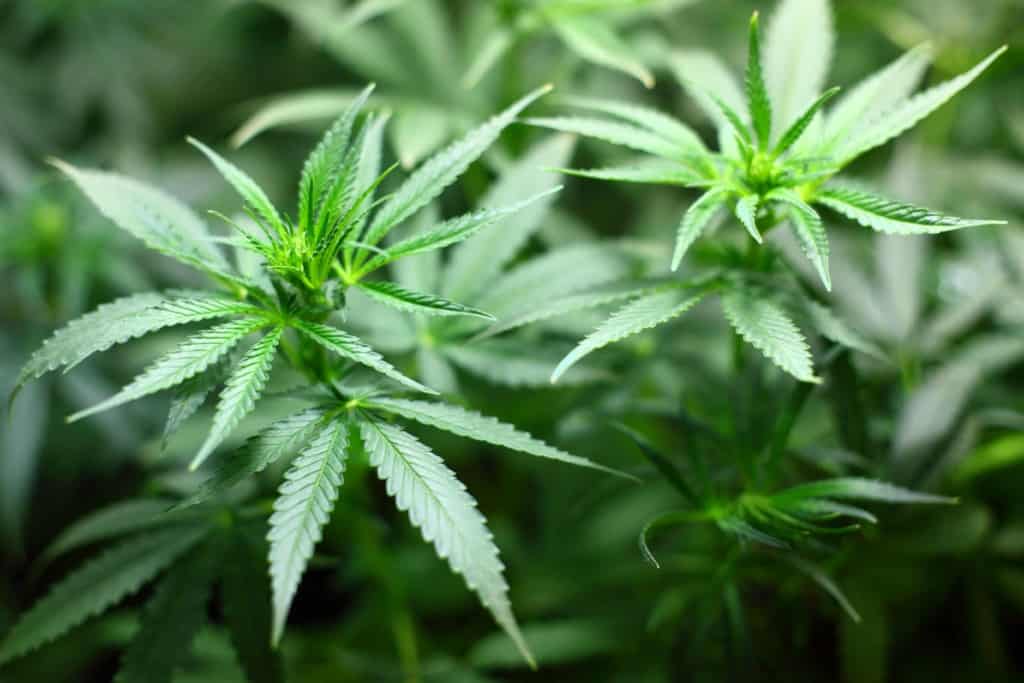Legalization of pot expected for late summer
Legalization of cannabis countrywide is on schedule, despite calls for a delay by Indigenous leaders and others.
In a May 1 report on Bill C-45—the act legislating the use, cultivation, and sale of cannabis—the Senate’s Aboriginal Peoples Committee recommended the government delay legalization for up to a year to address potential harmful effects in Indigenous communities.
Within a day of the report, Prime Minister Justin Trudeau assured Canadians that legalization would happen this summer.
“We have been talking with our partners across the country on making this happen, and we are going to be moving forward this summer on the legalization of cannabis,” he said May 2 in Ottawa.
Trudeau said the current system isn’t working, harming youth and “sending 6 or 7 billion dollars every year into the pockets of organized crime.”
Since Bill C-45 was passed in late 2017, the Senate and government have agreed to a final vote on June 7 in order to allow jurisdictions time to roll out their policies. That new timetable means Canadians may have to wait until August or early September to legally buy marijuana.

For local Indigenous services, there are unknowns. Cheryl Whiskeyjack, executive director of Bent Arrow Traditional Healing Society, said they’ve been monitoring the upcoming legalization in tandem with their partners and children’s services.
“It will be interesting to see whether it will change the work we do,” said Whiskeyjack, noting she’s looking at legalization from two lenses.
“One is from our staffing perspective. We don’t see it really changing,” she said. Staff must show up at work free of any cannabis, the same as for prescription drugs and alcohol.
The second lens is for the community and families they serve. Whiskeyjack said she’d like social services to be less judgmental of clients.
“They have an expectation or bias that (individuals) cannot be using any of those substances and be an effective parent. I don’t think it’s true—only if it’s a problem,” said Whiskeyjack, noting what’s more important to her staff is whether consumption is having a negative impact. “There are a number of ways to see if it’s becoming an issue. Consistently coming late to work, for example.”
For Edmonton Police Service (EPS), two years of studying the impacts of legalizing cannabis in parts of the U.S. have helped them prepare. They also did a risk assessment to understand the possible effects on policing and how to work with them.
“As the new legislation unfolds, we will continue to adapt to it as required,” said Al Murphy, superintendent of EPS northwest division.
Murphy said two concerns are the potential increase in drug-impaired driving and “our ability to effectively detect it.”
Currently, there’s no reliable way to prove when drivers are high on marijuana. Under new federal and provincial rules, zero tolerance for impaired drivers with a graduated licence will include cannabis. But until pot detection devices are approved, police must rely on observed behaviour and standard sobriety tests. Police agencies are concerned that could cause hold-ups in court.
Steven Townsend, a small business owner in Edmonton and Parkdale resident, is an advocate of recreational cannabis. He is onside with the summer deadline.
“Of course there will be hiccups when it first rolls out, but this has been a long time coming,” he said.
He agrees with the federal position that money from marijuana is going to a “so-called, criminal element” rather than legitimate businesses which pay taxes.
“That said . . . most people in the industry are otherwise law-abiding citizens,” said Townsend. “Legalization can give some of these people the ability to legitimize their business and no longer do it under the threat of imprisonment.”
Visit ratcreek.org for an extra article about city concerns and work regarding cannabis legalization.
Featured Image: Marijuana legalization is set to happen late this summer. | Pixabay







